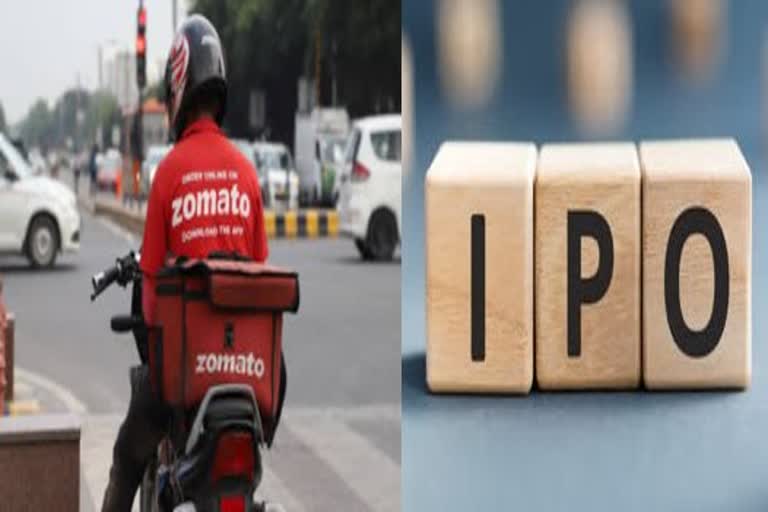Hyderabad: Zomato’s initial public offering (IPO) has created a buzz among investors. According to the stock exchange data, the IPO witnessed a bumper 38 times oversubscription with bids for over 2,751 crore shares against nearly 72 crore shares on offer. Similarly, the ongoing IPO of speciality chemical manufacturing company Tatva Chintan Pharma Chem has received a good response. While the issue was oversubscribed 4.51 times on Friday, the first day of subscription, it had been oversubscribed over eight times by 11.40 am on Monday.
Now, the real question keeping the retail investors on tenterhooks is whether they will be allocated any shares as these IPOs are oversubscribed. For the benefit of the unversed, ETV Bharat explains the share allocation process. Before we begin, investors need to understand that if an issue is fully subscribed, then the investors are allotted the same number of shares that they had bid for. The following two cases explain how shares are allotted when the issue is oversubscribed.
Case 1: If there is a small oversubscription
Let us assume a firm named ABC has floated an IPO by offering a total of 1 lakh shares with a minimum lot size of 100 shares. According to the norms of the Securities and Exchange Board of India (SEBI), the allotment to each retail individual bidder shall not be less than the minimum bid lot.So the maximum number of investors who can get at least one lot in this IPO is 1,000 (1,00,000/100).
